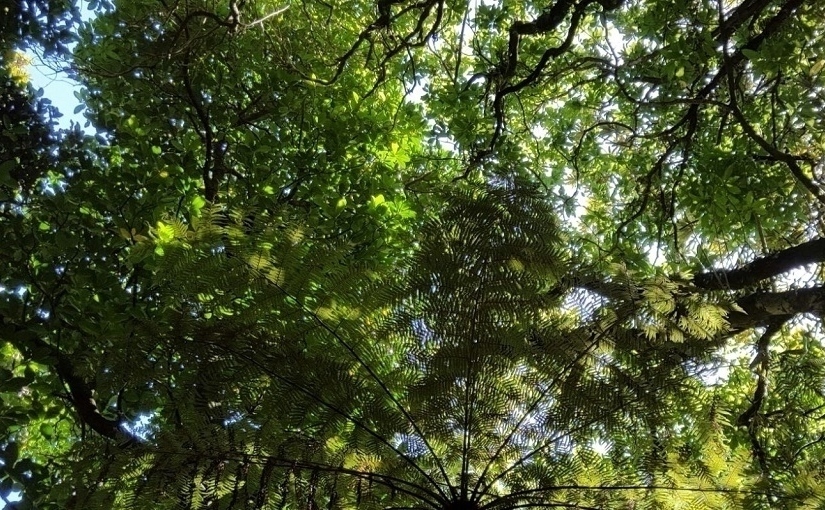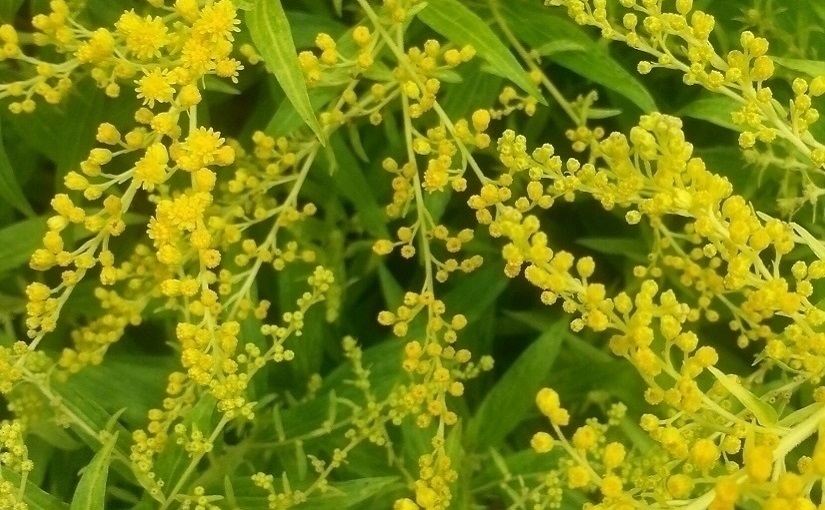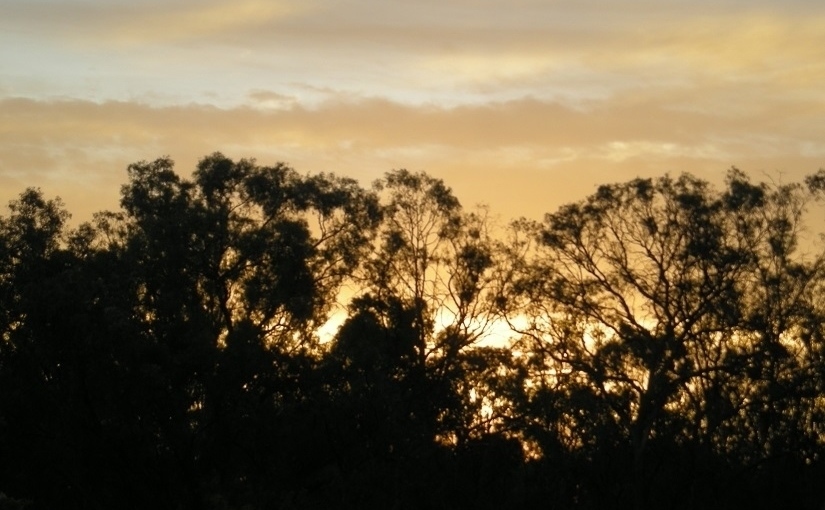The idea of what society “is” and how best to view our roles within it seems a fascinating question: we all form part of these overlapping, reinforcing systems of how we relate to one another personally, socially, economically and so forth. It’s essentially this web of relationships that hopefully help sustain life, providing a degree of security and forward thinking.
Within all that, there’s obviously human beings in all our wonderful diversity and uniqueness: all having walked slightly different paths, forming slightly or dramatically different views of shared realities, picking up different ways of acting within and thinking about those systems. Experiences that surely matter, becoming the face we turn to the world in all the roles we play.
For each person, messages they receive about their worth matter: all the subtle ways we’re judged, encouraged, undermined, welcomed, listened to or disregarded. Because it does seem modern society judges more than anything else, conceiving of life as a fight for scarce resources with everyone in competition (see Notes One).
Approval is scarce as we constantly need “more” if we hope to keep up with others and the pace of change. This never-ending flow of innovation, improvement or novelty we must apparently chase in order to be considered a modern, progressive human. We’re invited to wage war on our natural selves in the name of beauty, fashion or eternal youth.
Of course, part of society is developing ideas and sharing in cultural products: finding solutions, different ways of doing things, new arrangements of colour or form that become the latest trend in our ongoing visual games. There’s wonderful creativity to the human mind and a beauty to how we make this communal life out of self-expression. But it’s also just business.
Our position within society – that conversation between self and community, where we fit, how we’re seen, whether it values who we are – now largely seems an economic question. We only choose from what’s offered, positioning ourselves one way or another in relation to the “standards” of culture and advertising (Notes Two).
So much in that comes down to money: a lot of what’s valued is stuff that can be bought, and to get money you must play the game. Yet the field’s been set and the outcome’s pretty clear from the start; the parameters of this conversation aren’t really up for discussion.
In that picture, human worth effectively comes down to narrowly defined windows of approval that, conveniently, serve various industries extremely well while keeping most of us in this perpetual state of anxiety as we battle to keep up in a world where each passing day arguably diminishes our value (Notes Three).
Does it need to be that way? Does it serve us? It might be a wonderful economic model – a captive audience seeking to belong – but it makes me wonder what life might be like if we were truly appreciated for all we’ve overcome, all we strive to bring to life through roles we all play within society.
Notes and References:
Note 1: The worth of each life
Note 1: Ways of living & those who suffer
Note 2: “Women who run with the wolves”
Note 2: “Wisdom” by Andrew Zuckerman
Note 2: Complicity and cultural attitudes
Note 3: Fashion, self & environment
Note 3: Culture, art & human activity
Shifting to a specific example, the idea of modern thinking impacting how we live together was explored in Real estate, rental and human nature.










